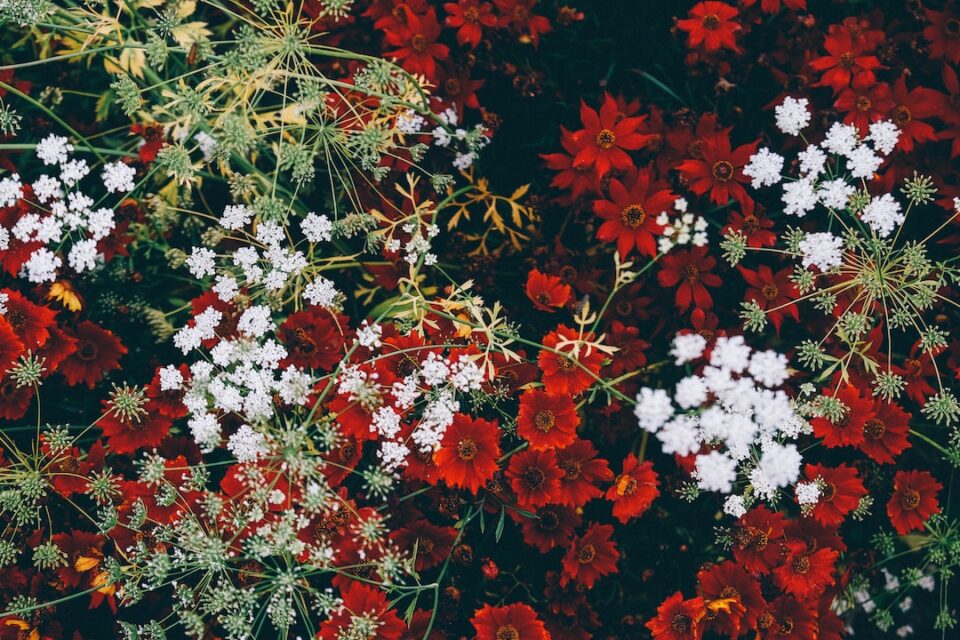Dealing with Common Garden Pests: Prevention and Natural Solutions
As a gardener, one of the biggest challenges you may face is dealing with pests that can wreak havoc on your plants. From aphids and slugs to snails and whiteflies, these pesky critters can significantly damage your garden if left unchecked. However, before reaching for harmful chemical pesticides, consider preventing and treating pests using natural, eco-friendly solutions. In this blog post, we will explore some effective methods to deal with common garden pests without harming the environment.
Prevention is key when it comes to managing pests in your garden. By implementing a few preventive measures, you can significantly reduce the likelihood of a pest infestation. Firstly, ensure that your garden is well-maintained and free from weeds, as weeds can provide shelter and attract pests. Regularly remove any dead or decaying plant matter from your garden, as this can also serve as a breeding ground for pests.
Another effective way to prevent pests is by practicing crop rotation. Planting the same crops in the same location year after year can encourage the buildup of pests that target those specific plants. By rotating crops, you disrupt the pests’ life cycle, reducing the risk of an infestation. Additionally, interplanting different species of plants can help confuse pests and deter them from settling in one location.
Encouraging beneficial insects in your garden can be a natural and effective method to control pest populations. Ladybugs, lacewings, and parasitic wasps are just a few examples of insects that can prey upon pests like aphids and caterpillars. To attract these helpful insects, plant a variety of flowers known for their nectar and pollen, such as marigolds, alyssum, and sunflowers. You could also consider installing insect houses or creating a small water source to provide a habitat for beneficial insects.
In some cases, natural barriers can be used to physically prevent pests from accessing your plants. For instance, placing a physical barrier, such as netting or wire mesh, can protect your crops from birds, rabbits, or larger insects. Installing sticky traps can help catch flying insects like whiteflies or fungus gnats, while copper tape can deter slugs and snails from getting to your plants.
When it comes to treating pest problems, there are many natural solutions available. One popular method is using homemade insecticidal soaps. These soaps are made from natural ingredients like vegetable oil and mild soap, which suffocate soft-bodied insects like aphids and spider mites. Dilute the solution and spray it directly onto affected plants, making sure to cover both the tops and undersides of the leaves.
Another natural remedy is neem oil, derived from the neem tree. Neem oil acts as both an insecticide and a fungicide, making it a versatile and eco-friendly option. Dilute the neem oil according to the instructions on the bottle and apply it to the affected plants. Neem oil works by disrupting the feeding and breeding cycle of pests, effectively reducing their populations.
Attracting insect-eating birds, such as bluebirds or wrens, can also help control pests in your garden. You can attract birds by providing food sources like suet or by installing birdhouses. Birds can be especially helpful in controlling pest populations like caterpillars, beetles, and grasshoppers that may be otherwise challenging to manage.
By implementing these preventive measures and natural solutions, you can effectively deal with common garden pests without resorting to harmful pesticides. Not only will you protect the health of your plants and the environment, but you will also promote a thriving and balanced ecosystem in your garden. Remember, nature provides us with a wealth of solutions, and by working harmoniously with it, we can achieve a pest-free and beautiful garden.

